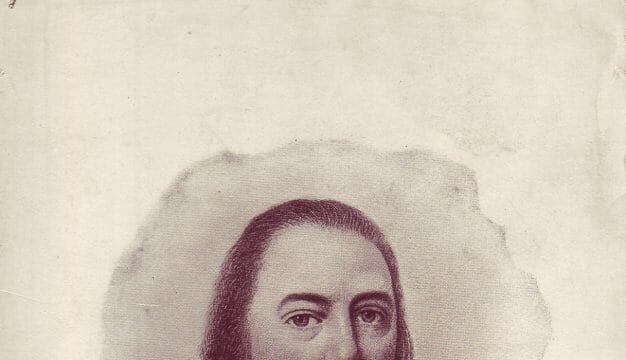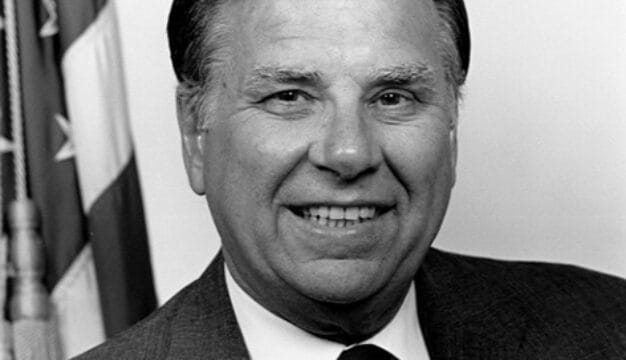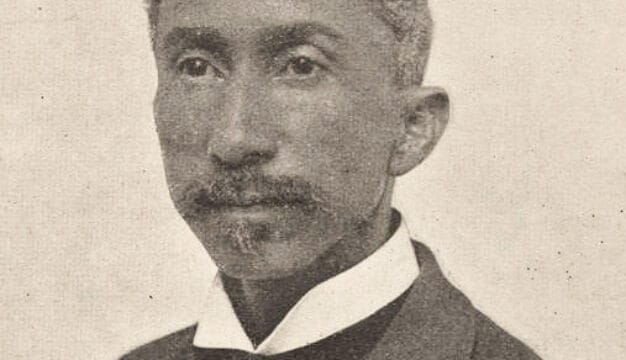Henry Hitchcock
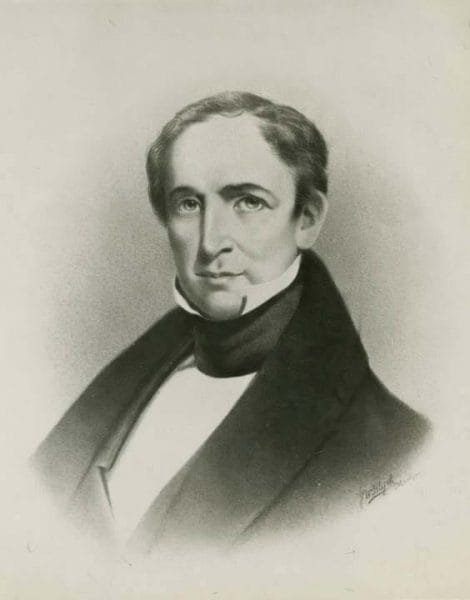 Henry Hitchcock
Henry Hitchcock (1792-1839) was a leading citizen of early Alabama who served as the first secretary of the Alabama Territory, participated in the writing of Alabama’s first constitution, won election as the state’s first attorney general, authored the first book published in Alabama, received appointment as a United States district attorney, and served on the Alabama Supreme Court as both an associate justice and chief justice. In addition to these achievements, Henry Hitchcock was a successful practicing attorney and businessman. Prior to the Panic of 1837, Hitchcock was reputed to be the wealthiest man in Alabama, with assets estimated to be worth $2 million.
Henry Hitchcock
Henry Hitchcock (1792-1839) was a leading citizen of early Alabama who served as the first secretary of the Alabama Territory, participated in the writing of Alabama’s first constitution, won election as the state’s first attorney general, authored the first book published in Alabama, received appointment as a United States district attorney, and served on the Alabama Supreme Court as both an associate justice and chief justice. In addition to these achievements, Henry Hitchcock was a successful practicing attorney and businessman. Prior to the Panic of 1837, Hitchcock was reputed to be the wealthiest man in Alabama, with assets estimated to be worth $2 million.
Born on September 11, 1792, to Samuel and Lucy Caroline Hitchcock, Henry was the second of eight children. His father was a judge in Burlington, Vermont, and his maternal grandfather was Gen. Ethan Allen, Revolutionary War folk hero and leader of the famed Green Mountain Boys. Hitchcock attended Middlebury College for a while before graduating with honors from the University of Vermont in 1811.
Upon his father’s death in 1813, Hitchcock became responsible for the support of his mother and younger brothers and sisters. He ran a small farm while studying law in the office of a local attorney and received admission to the bar of Vermont in 1815. After handling a few notable lawsuits in his home state, Hitchcock was lured to the frontier of what was then known as the Old Southwest. In October 1816 he left Burlington for Pittsburgh, Pennsylvania, from where he journeyed by flatboat down the Ohio and Mississippi rivers. At times he served as an oarsman on the boat to help pay his fare. After a stop in Natchez he continued on to Mobile, arriving on January 22, 1817.
Hitchcock became one of the first lawyers to practice in Alabama, which was a frontier territory and not yet a state in 1817. He had to wait two months before the first client walked through his door. After this sluggish beginning, however, Hitchcock’s career as an attorney, public servant, and businessman was meteoric. He soon moved to the territorial capital of St. Stephens and practiced law with William Crawford, who became the first federal district attorney and second federal judge for Alabama. In the spring of 1818, Pres. James Monroe appointed Hitchcock as the Alabama Territory’s first secretary. Duties of the secretary of the territory included serving as interim governor during absences of the governor. During one such period in the summer of 1818, Hitchcock called up the territorial militia to patrol Alabama’s eastern border with the Creek Nation.
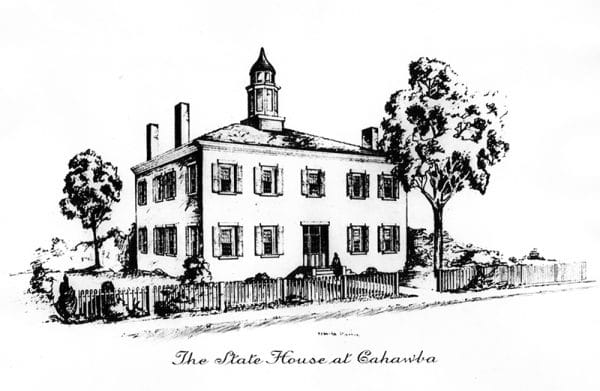 State Capitol at Cahaba
In anticipation of Alabama’s statehood, a convention met in Huntsville in July 1819 to write a constitution. Hitchcock’s service to the territory facilitated his election as one of Washington County‘s representatives. His influence at the convention is demonstrated by his appointment to the so-called “Committee of Fifteen,” which was assigned the task of writing the original draft of the constitution. Hitchcock and two others then reduced this draft into the document’s final form with only slight revision by the convention. Three years later, Hitchcock earned the distinction of authoring the first book published in Alabama, The Alabama Justice of the Peace: Containing all the Duties, Powers and Authorities of that Office as Regulated by the Laws Now in Effect in this State. Used as a guide by attorneys and public officers, the book related the constitution and laws then in force in Alabama to English principles of law.
State Capitol at Cahaba
In anticipation of Alabama’s statehood, a convention met in Huntsville in July 1819 to write a constitution. Hitchcock’s service to the territory facilitated his election as one of Washington County‘s representatives. His influence at the convention is demonstrated by his appointment to the so-called “Committee of Fifteen,” which was assigned the task of writing the original draft of the constitution. Hitchcock and two others then reduced this draft into the document’s final form with only slight revision by the convention. Three years later, Hitchcock earned the distinction of authoring the first book published in Alabama, The Alabama Justice of the Peace: Containing all the Duties, Powers and Authorities of that Office as Regulated by the Laws Now in Effect in this State. Used as a guide by attorneys and public officers, the book related the constitution and laws then in force in Alabama to English principles of law.
In the first session of the Alabama General Assembly after the state’s admission to the Union, Hitchcock won election as Alabama’s first attorney general, a post he held until 1823. As a result, he moved to Cahaba (then known as “Cahawba”), the state’s new capital. Within two years Hitchcock married Ann Erwin of Bedford, Tennessee, whose brother was married to the daughter of Sen. Henry Clay of Kentucky. The Hitchcocks remained in Cahaba until the General Assembly voted in December 1825 to move the seat of government to Tuscaloosa. In 1826, Hitchcock and his family moved back to Mobile, which had become a bustling seaport. Soon thereafter, Pres. John Quincy Adams appointed Hitchcock to be the United States district attorney for the southern region of Alabama, a position he held until 1830. He continued to practice law but also began devoting more time to business, which resulted in his becoming the leading commercial developer of Mobile. Hitchcock built such notable structures as the New Government Street Hotel, worth $200,000 upon completion; the Barton Academy, a free school for the poor; and the Government Street Presbyterian Church, paid for mostly out of his own funds.
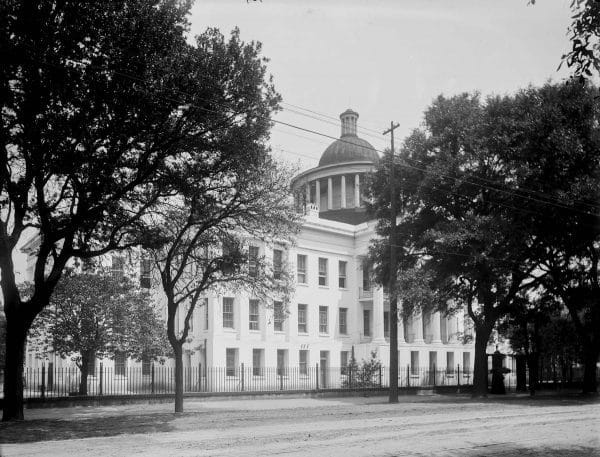 Barton Academy
In January 1835, Hitchcock was again called upon for public service when the General Assembly elected him to the position of associate justice of the Alabama Supreme Court. During his tenure as associate justice, Hitchcock wrote a total of 65 opinions, only two of which drew dissenting opinions from his colleagues on the court. In June 1836, Hitchcock was elected to succeed Chief Justice Reuben Saffold. He resigned as chief justice in January 1837 to devote full attention to his many businesses and to fight the woes caused by the Panic of 1837. Hitchcock struggled with financial problems for the remainder of his life. Despite these personal difficulties, Hitchcock was elected on August 5, 1839, to represent Mobile in the state legislature. Fate intervened six days later. On August 11, at the age of 47, Hitchcock died of yellow fever during one of the worst epidemics of that disease in Mobile’s history.
Barton Academy
In January 1835, Hitchcock was again called upon for public service when the General Assembly elected him to the position of associate justice of the Alabama Supreme Court. During his tenure as associate justice, Hitchcock wrote a total of 65 opinions, only two of which drew dissenting opinions from his colleagues on the court. In June 1836, Hitchcock was elected to succeed Chief Justice Reuben Saffold. He resigned as chief justice in January 1837 to devote full attention to his many businesses and to fight the woes caused by the Panic of 1837. Hitchcock struggled with financial problems for the remainder of his life. Despite these personal difficulties, Hitchcock was elected on August 5, 1839, to represent Mobile in the state legislature. Fate intervened six days later. On August 11, at the age of 47, Hitchcock died of yellow fever during one of the worst epidemics of that disease in Mobile’s history.
Henry and Ann Hitchcock had eight children, five of whom died very young. Those surviving to adulthood were Caroline, Henry Jr., and Ethan Allen. Henry Hitchcock Jr. was an aide to Gen. William T. Sherman on his march to the sea during the Civil War and later was involved in the founding of George Washington University School of Law in St. Louis, Missouri. Ethan Allen Hitchcock served as ambassador to Russia under Pres. William McKinley and as U.S. secretary of the interior under McKinley and Pres. Theodore Roosevelt.
Further Reading
- Beidler, Philip D. First Books: The Printed Word and Cultural Formation in Early Alabama. Tuscaloosa and London: University of Alabama Press, 1999.
- Bigham, Darell E. “From the Green Mountains to the Tombigbee: Henry Hitchcock in Territorial Alabama, 1817–1819.” Alabama Review 26 (July 1973): 209–28.
- Brantley, William H., Jr. “Henry Hitchcock of Mobile, 1816–1839.” Alabama Review 5 (January 1952): 3–39.
